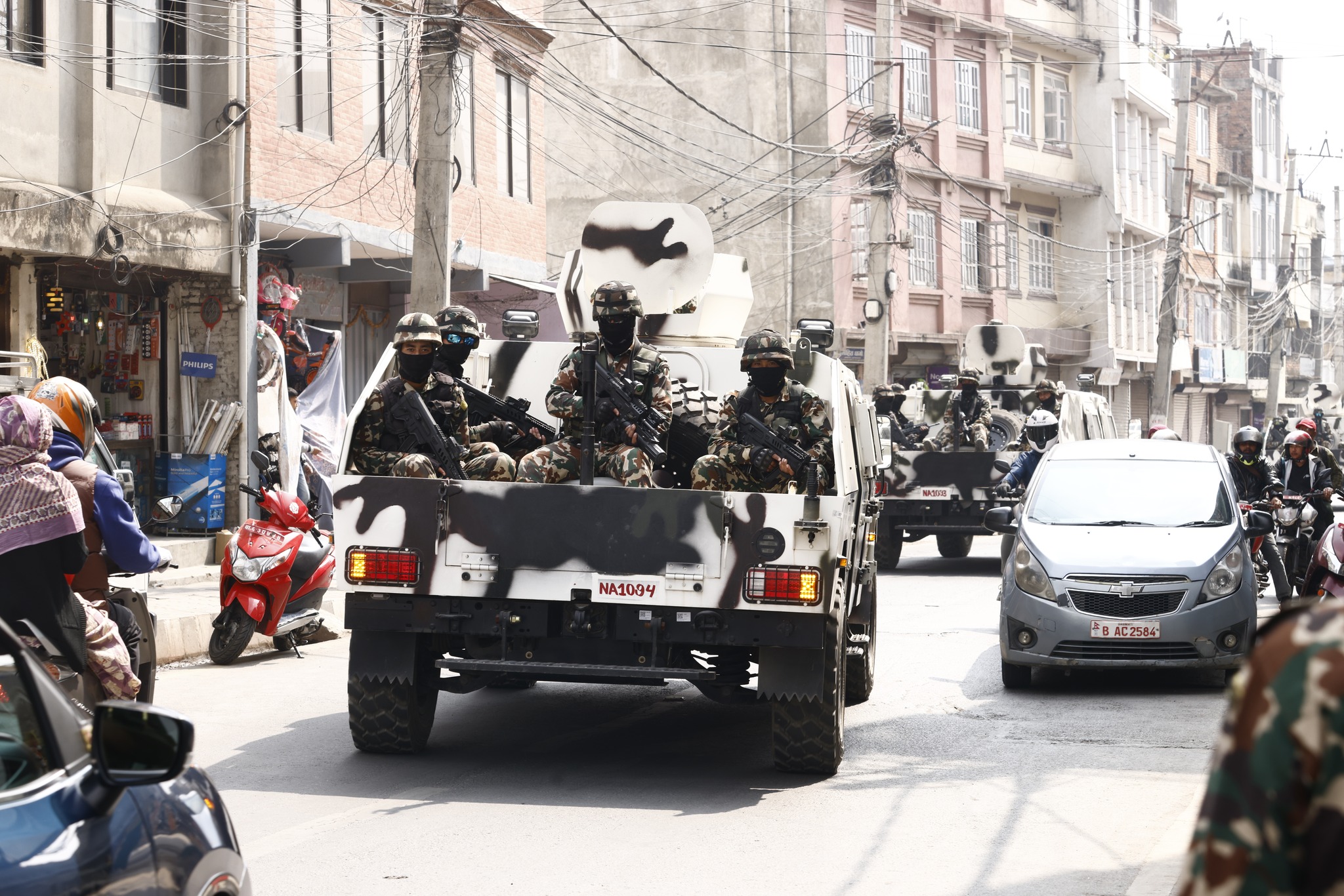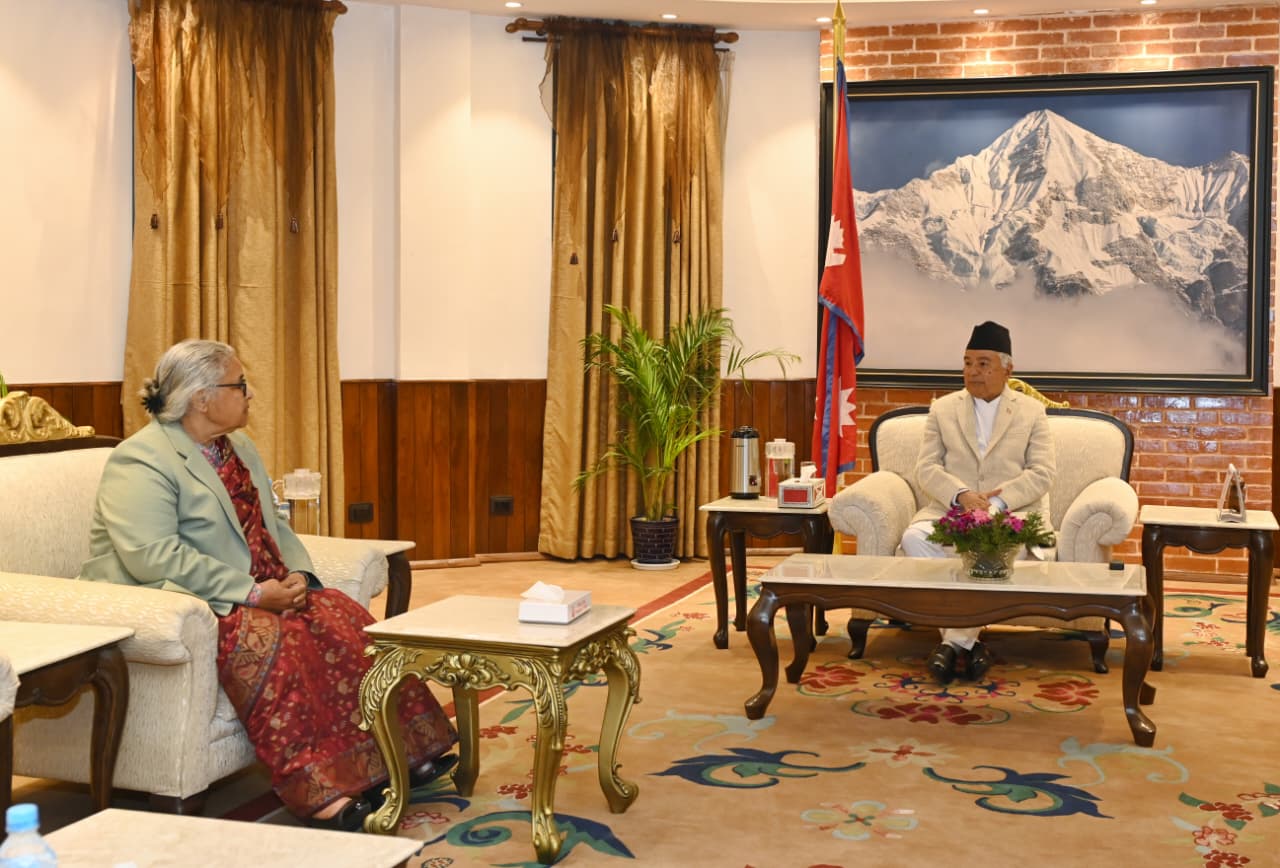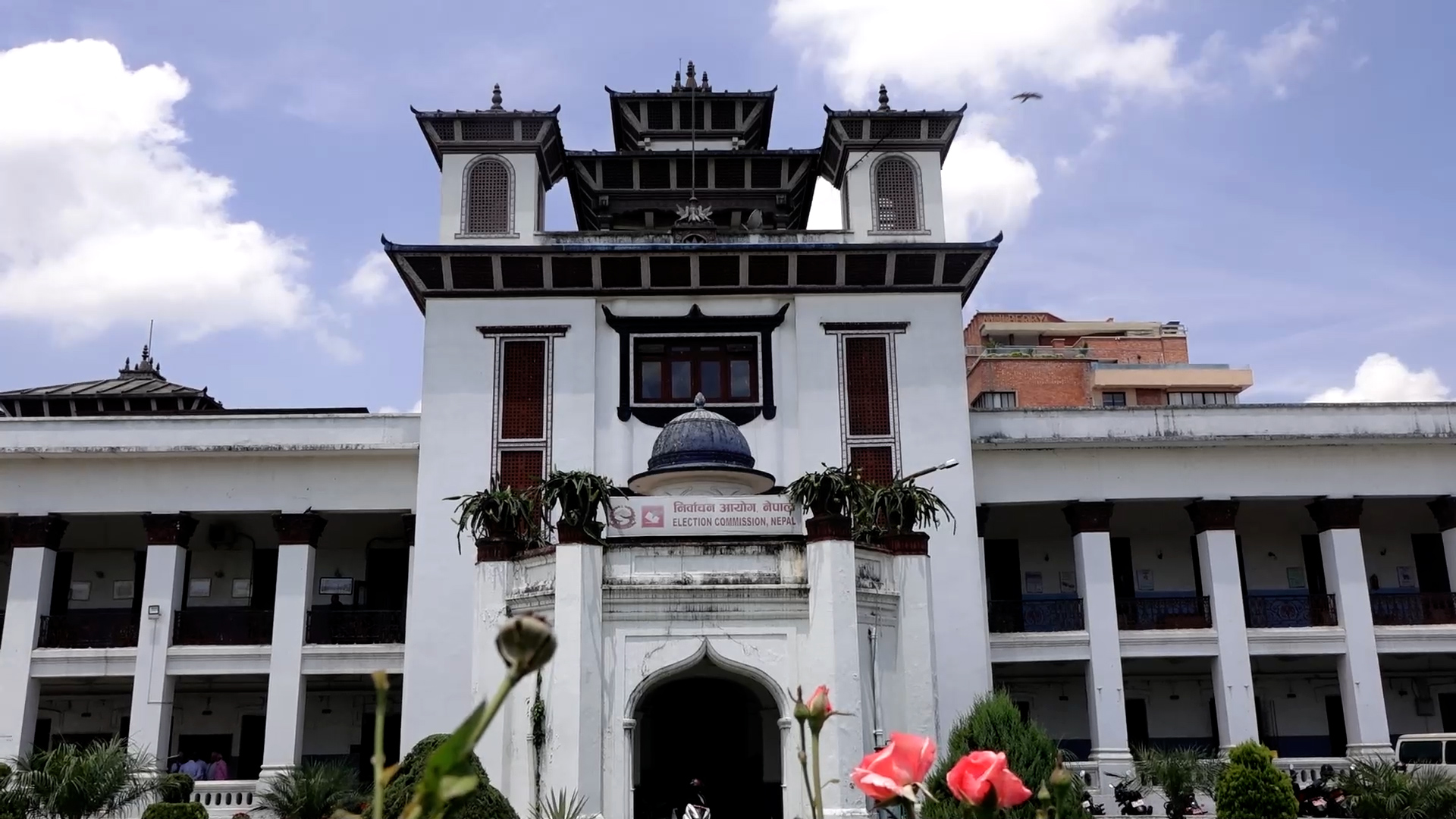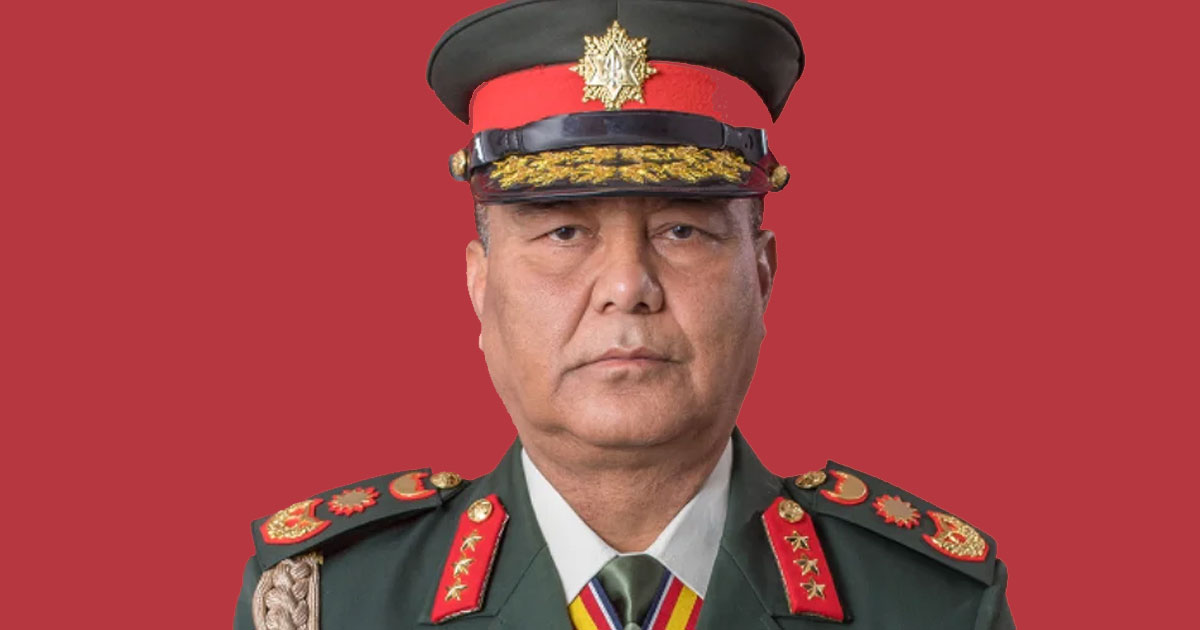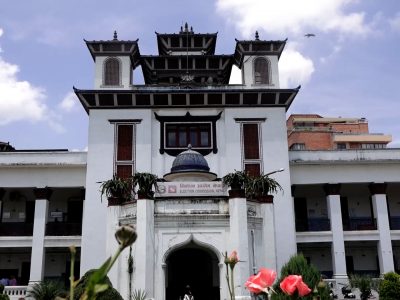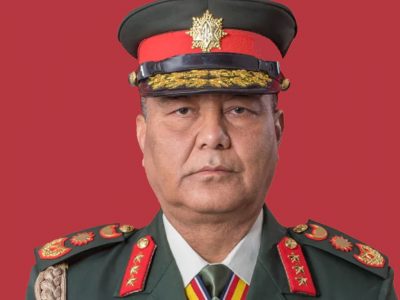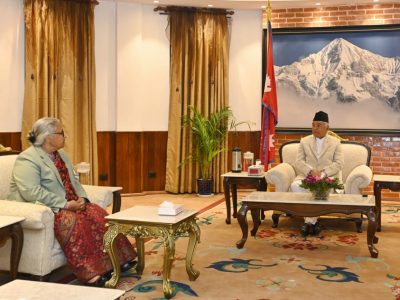Chinese President tells the army to “prepare for war”

Xi Jinping (File Photo)
Kathmandu. Taiwan has been a sore spot for China as it has continuously asserted on several occasions that the territory will eventually, and entirely come under its jurisdiction. Taiwan, meanwhile, has continued to push back against the concept. The ‘One-China’ policy has been a defining feature, in this sense, of Beijing’s overarching foreign policy objectives linked to obtaining a global acquiescence of its claim. The United States, within this scenario, has been adopting its own standing policy of ‘strategic ambiguity’ ever since it recognized China’s statehood in 1979, whereby, it still maintains informal diplomatic channels of association with Taiwan.
When President Xi Jinping landed in the Guangdong Province on Monday to conduct his inspection tour, the much touted idea was to promote “reform” and to “open-up” the economy. The primary reason for his visit was to further celebrate the establishment of the Shenzhen Special Economic Zone, that was approved by the National People’s Congress in 1980.
The tensions that have marked the current disagreements between the US and China regarding Taiwan and the global pandemic, however, quickly spilled into Xi’s speech as he stood before the People’s Liberation Army Marine Corps. He commented that it was imperative for the armed forces to, “put all (their) minds and energy on preparing for war.” The US National Security Advisor, Robert O’Brien, had noted earlier this month that should China use force to bring Taiwan into its fold, the US was legally obligated to assist Taiwan in defending itself. However, he did not deliver an explicit statement with regards to the actual commitments that Washington was willing to make, referring back to the policy of ambiguity.
On October 13, there were reports that the Trump administration provided the Congress with an informal notification that it was planning to sell three highly advanced weapon systems to Taipei for around $5 billion. In September, a similar news made rounds in several media platforms that Washington was in the process of supplying seven advanced weapon systems under Pentagon’s efforts to ‘fortress Taiwan’. In response to the surfacing information, the spokesperson for China’s foreign ministry, Zhao Lijian, had warned that, “China will make a legitimate and necessary response according to how the situation develops.” Xi is now actively urging the navy to remain “absolutely loyal” and “stick to combat-oriented training and strengthen mission-oriented training tailored to the specific needs.”
The pre-existing hostilities between the two countries have been exposed and exacerbated during these uncertain times. Last month, Beijing sent its fighter jets to patrol the Taiwanese skies during the high-level security meetings between Washington and Taipei’s officials.
The region has been defined by extraordinary tensions. As China and the US clash on one front, the a rapid build-up of state forces and military equipment is seen along the Line of Actual Control (LAC) between China and India. While the world toddles through the devastating impacts of COVID-19, the notion of war being included in rhetorical possibilities raises significant regional and global insecurities.
Facebook Comment
latest Video
Trending News
- This Week
- This Month


